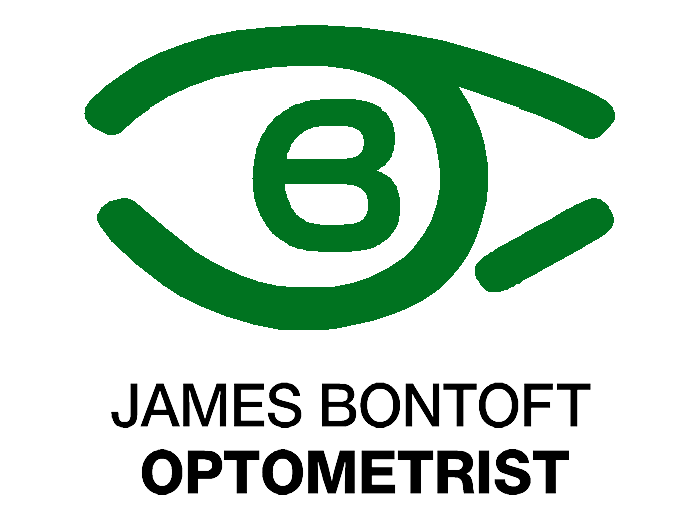Myopia
Definition
Myopia, also known as short-sightedness, is a refractive eye condition when distant objects are not focused on the retina. People who are myopic can see things clearer when they are very close.
Causes
Myopia occurs when there is a mismatch between the focussing strength of the eye and its length. It typically happens because the eye is too long from front to back, and so the focus of light does not reach the retina.
Most cases of myopia are believed to have a genetic origin. Environmental factors such as intensive reading as a child and teenager also appears to play a role, with myopia being much more common in populations following the introduction of intensive formal education. Not everyone who does lots of near work becomes myopic, and this suggests that the sensitivity to environment varies between youngsters. It may be that this sensitivity is influenced by genes.
Treatment
Myopia is most commonly treated with spectacles that move the focus of light backwards to the retina. Lenses used to correct myopia are thin in the centre and get progressively thicker towards their edge. Optical correction of myopia usually gives normal vision.
It is possible to correct myopia with contact lenses.
Refractive surgery alters the focusing parts of the eye. It normally does this by re-shaping the cornea using a laser, but alternatives include inserting a lens within the eye. As with any form of surgery these techniques can lead to complications, which include glare and reduced vision that are not correctable. Laser refractive surgery for myopia aims to flatten the cornea and so weaken its focussing strength by burning away central tissue. There are limits to how much tissue can safely be removed and so there is a limit of how much myopia is correctable with these techniques.
